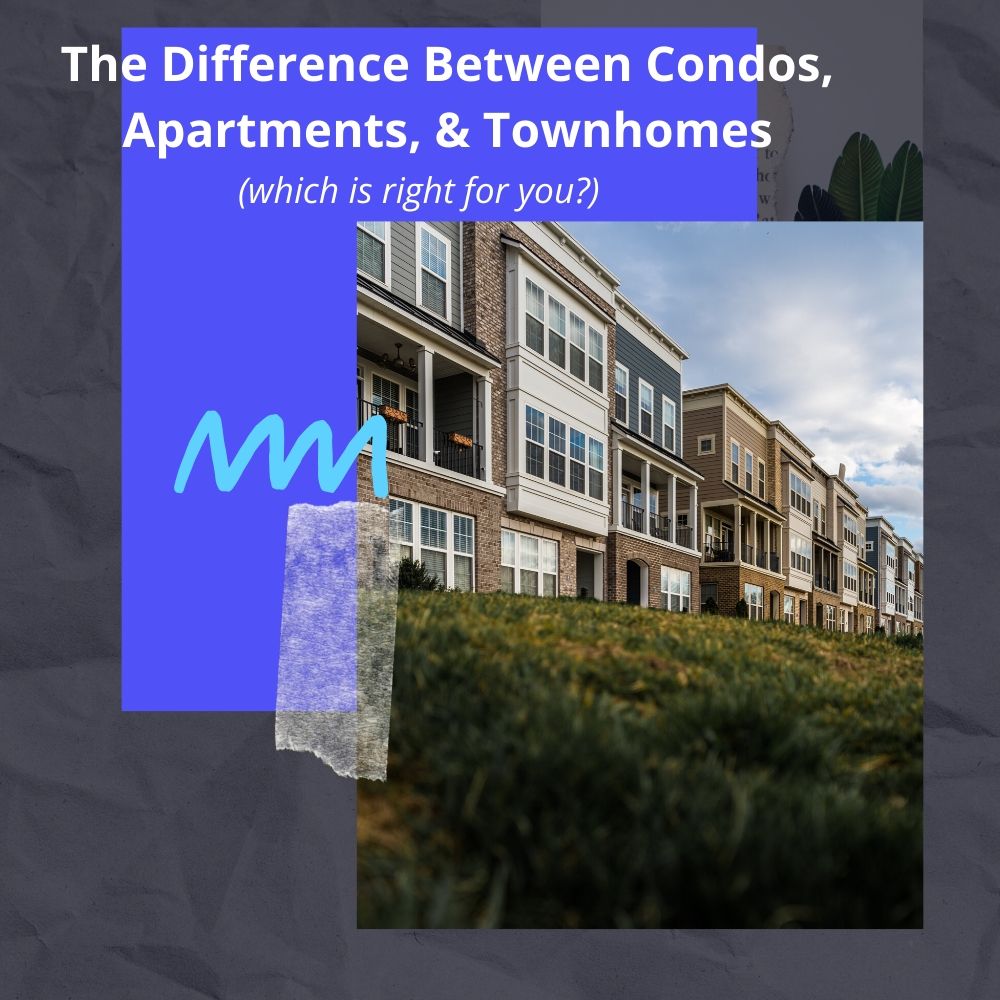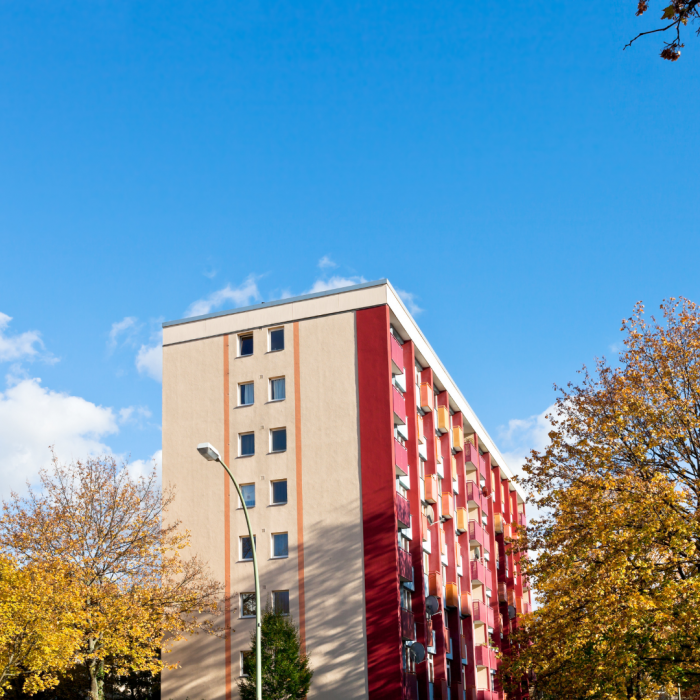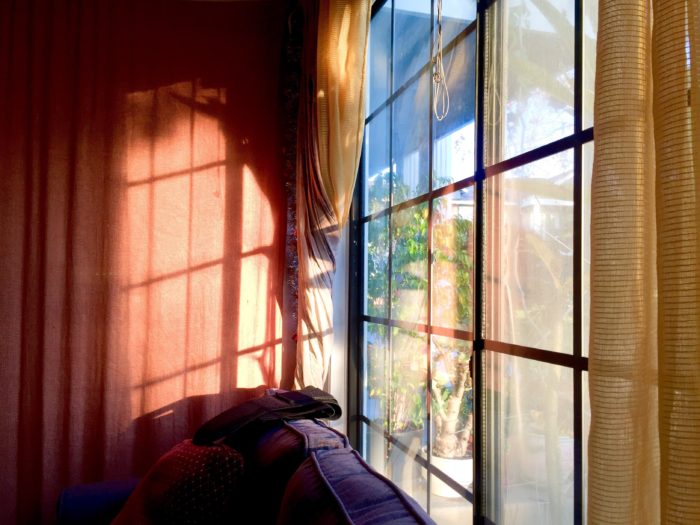
Housing Differences: Apartments, Townhomes, and Condos
June 2, 2020 7:45 pm 2 CommentsLearn about the differences between apartments, townhomes, and condos! The real estate market offers various housing options for different lifestyles, preferences, and budgets. Apartments, townhomes, and condos are some of the most popular choices. Understanding the unique features and benefits of each helps you choose your next home. Moving to a new place is a big task, so it’s important to know your options.
Finding the right home for your budget and lifestyle can be challenging. With so many types of homes, it can be hard to know exactly what you’re looking for. Condos, townhomes, and apartments can look very similar, especially when the exterior isn’t clear. Some places can be townhomes and apartments, or look like townhomes but are actually condos. These tips will help you spot the differences and choose the right home!
Learn about the differences between your housing choices!
Apartments:
- Apartments are rented living spaces in larger buildings. Renters do not own the unit or property.
- They are usually managed by a property management company.
- Maintenance and repairs are handled by the landlord or management.
- They often offer shared amenities like pools and fitness centers.
- Apartments have fewer customization and personalization options.
- They are more flexible for short-term living arrangements.
- They have a high turnover rate, averaging around 50% annually.
- Some allow subletting, adding more flexibility.
- Utilities are often included in the rent, making budgeting easier.
Condos:
- Condos are individually owned units in a larger complex.
- Owners own the unit and share ownership of common areas.
- They are governed by a homeowners’ association (HOA), which manages the maintenance of common areas.
- Condos may offer amenities like gyms, lounges, and security services. They offer more customization than apartments.
- Condos balance individual ownership with shared community living.
- Condo owners often need a specific type of insurance called HO-6 insurance.
Townhomes:
- Townhomes are multi-level residences sharing walls with neighbors.
- Owners own both the unit and the land it’s on.
- They are usually governed by an HOA.
- Owners are responsible for both interior and exterior maintenance.
- They may have limited or private amenities.
- Townhomes offer greater customization and a more residential feel.
- They balance apartment and single-family home living.
- Townhomes usually have a better resale value than condos.
These differences can influence your choice based on your preferences, lifestyle, and priorities. Before your next move, review your priorities and learn about the benefits of each housing option. You’ll be ready and confident to move into your new space with peace of mind.

Different Ownership Structures
Ownership structures differ across apartments, townhomes, and condos. Many people face challenges when owning their homes because it brings more physical and financial responsibilities. It’s important to understand each ownership structure to prepare for what lies ahead.
If you prefer a low-stress living situation with fewer commitments, consider renting an apartment. Apartments are units within larger residential complexes, usually owned by a single entity or property management firm. Residents lease these units for set periods, often monthly. This leasing arrangement offers flexibility and relieves tenants from property upkeep and repairs.
Townhomes are multi-level homes that share sidewalls with adjacent units. Unlike apartments, townhomes can be individually owned. Each owner holds the title to their unit and the land it occupies. This ownership model gives more control over the property, allowing for personalization and potential value appreciation. When owning a townhome, you may have a homeowners’ association (HOA), which can result in additional fees.
Condos combine the features of apartments and townhomes. Like townhomes, condo owners own their units and share communal spaces like lobbies and amenities. However, the land and exterior of the building are owned by a homeowners’ association (HOA). This shared responsibility affects maintenance expenses and community decisions. Condos often serve as excellent investments and offer a great long-term housing choice.
Architectural Design Choices
Choosing the right architectural design for your living situation depends on your preferences. Assess the amount of space you need for yourself, family members, or roommates. Each housing option offers unique layouts and helpful floor plans.
Apartment buildings prioritize efficient space use in their design. They usually house multiple units on each floor, focusing on functionality and cost-effectiveness. Communal areas, like hallways and entryways, are key elements of apartment architecture.
In contrast, townhomes offer a versatile layout with more space and complexity. Their multi-level arrangement and private entrances give a sense of individuality, resembling single-family homes with shared walls. Townhome designs often have a more residential look.
For those seeking a mix of comfort and convenience, condos might be ideal. Condos come in various architectural styles, from high-rise towers to low-rise complexes. They combine aspects of apartment living and townhome design, balancing vertical living with community-oriented spaces.
Maintenance Considerations
Before your next move, consider the extent of maintenance obligations. Maintenance responsibilities influence your living situation, shaping your lifestyle, finances, and daily comfort.
If you want to avoid maintenance responsibilities, apartments are the best option. In apartments, property management handles maintenance and repairs, ensuring a hassle-free living experience for tenants. Maintenance expenses are usually included in the rent, and repair requests are often handled online.
Homeownership requires more time and money for maintenance. Townhome owners are responsible for maintaining their units, including both interiors and exteriors. This includes tasks like landscaping, roof upkeep, and exterior painting.
A convenient way to manage maintenance is to seek locations with a homeowners’ association (HOA). About 25% of U.S. homes are part of an HOA. Condo owners share maintenance responsibilities through the HOA. While owners typically maintain their unit’s interiors, the HOA oversees communal spaces, building exteriors, and amenities.

Amenities and Facilities
Choosing the right amenities can enhance your living experience. Start by identifying activities that bring you joy and finding amenities that enhance those experiences. Fitness enthusiasts may prefer gyms or jogging paths, while social people might enjoy communal lounges or event spaces. Practical considerations are also important. Families might look for playgrounds, pet owners could prioritize dog parks, and remote workers might seek co-working spaces.
Apartment complexes often have various amenities, such as fitness centers, swimming pools, and communal lounges. These shared facilities create a convenient and social living environment. Townhome communities may also offer amenities, but they are usually more limited compared to apartment complexes. The variety of amenities depends on the community’s size and focus.
Condos often offer amenities like gyms, rooftop gardens, and event spaces. The average monthly condo fee in the U.S. is about $200-$300. The extent of these amenities depends on the scale of the development and the intended demographic.
Hidden Costs
Choosing the right amenities can enhance your living experience. Start by identifying activities that bring you joy and find amenities that enhance those experiences. Fitness enthusiasts may prefer gyms or jogging paths, while social people might enjoy communal lounges or event spaces. Practical considerations are also important. Families might look for playgrounds, pet owners could prioritize dog parks, and remote workers might seek co-working spaces.
Apartment complexes often have various amenities, such as fitness centers, swimming pools, and communal lounges. These shared facilities create a convenient and social living environment. Townhome communities may also offer amenities, but they are usually more limited compared to apartment complexes. The variety of amenities depends on the community’s size and focus.
Condos often offer amenities like gyms, rooftop gardens, and event spaces. The average monthly condo fee in the U.S. is about $200-$300. The extent of these amenities depends on the scale of development and the intended demographic.
The Benefits of Apartments, Townhomes, and Condos
Apartments:
- Flexibility: Leases typically offer shorter-term commitments, allowing for easier relocation.
- Low Maintenance: The landlord or management company handles most repairs.
- Amenities: Many apartments offer shared features like pools, gyms, and common areas.
- Affordability: Renting is often more cost-effective in the short term, with fewer upfront costs.
- Convenience: Apartments are often located in urban areas, providing easy access to amenities and services.
- Social Opportunities: Proximity to neighbors and shared spaces can foster a sense of community.
Townhomes:
- Ownership: Townhome owners have more control over customization and property modifications.
- Privacy: Multi-level design and private entrances offer increased privacy compared to apartments.
- Space: Townhomes typically offer more space and storage compared to apartments.
- Potential Equity Growth: Property value appreciation can lead to long-term financial benefits.
- Community: Shared walls and often smaller communities can foster stronger neighborly connections.
- Ownership Advantages: Tax benefits and potential for rental income can be advantageous.
- Townhome owners typically own the land beneath their units, which can be a selling point.
- The average townhome offers around 20% more space than a condo.
Condos:
- Ownership with Convenience: Owners have more control over their units while enjoying shared maintenance of common areas.
- Amenities: Many condos provide upscale amenities like fitness centers, concierge services, and more.
- Community Living: HOAs create a sense of community and shared decision-making.
- Location: Condos are often found in prime urban or desirable locations.
- Low Maintenance: HOAs manage exterior maintenance, reducing individual responsibilities.
- Investment Potential: Condos can offer a blend of homeownership and potential rental income.
- Condos are appreciated at a rate of around 3-5% annually.
These benefits highlight the advantages of each housing option, helping you make an informed decision based on your preferences and priorities.

How To Know What Housing Is Right For You
Finding the right housing option involves a thorough self-assessment. Start by understanding your lifestyle needs, financial situation, and future goals. If flexibility and maintenance-free living are important, an apartment might be suitable.
If ownership and customization matter, consider townhomes that offer both personal space and property control. For a blend of ownership and community amenities, explore condos, which offer shared maintenance and potential for investment.
Evaluate factors like location, proximity to work, family needs, and personal preferences for space, amenities, and social interaction. Reflect on your long-term plans and financial readiness for homeownership or rental commitments. By aligning your housing choice with your lifestyle, goals, and practical considerations, you can confidently choose the housing that suits you best.
Unveiling the Hidden Layers of Housing Choices: Apartments, Townhomes, and Condos
Mind Over Matter: Most people focus on the tangible perks of different living spaces, ignoring the mental impact. For example, the multi-level design of townhouses separates ‘work’ from ‘leisure,’ making it great for telecommuters and students.
Hidden Costs Unveiled: The monthly bill isn’t the whole story. From condo association dues to unpredictable rent increases in apartments, there’s more than meets the eye. Yet, some condos offer shared equity plans, becoming your stepping stone to ownership.
Green Living, Redefined: Sure, apartments and condos save on energy by sharing walls. But townhomes usually have only two shared walls, which might increase your energy bills. The game-changer? Newer townhouse designs are adopting eco-friendly technologies, cutting costs and carbon footprints at the same time.
Community Ties: Think you know communal living? Think again. Townhouses often have front yards or porches, which kickstart genuine connections with your neighbors, creating a tight-knit community that’s easy to miss but hard to forget.
Investment Game-Changer: While condos usually take the crown for investment opportunities due to prime locations and nice amenities, townhouses are the dark horses in suburban markets on the edge of urban expansion.
The Try-Before-You-Buy Lifestyle: Sure, apartments offer lease freedom. But now, some townhouses and condos are rolling out lease-to-own options. You get to experience the local vibe and living conditions before committing for the long term.
Amenities Unshackled: Don’t assume amenities are exclusive to apartments and condos. More townhouse communities are disproving this by offering shared luxuries like fitness centers and pools.
Read the Fine Print: Condos can come with rules that limit your freedoms, including subletting your space, information often overlooked by new buyers.
Find New Apartments, Townhomes, and Condos!
In a world with a lot of housing options, you have a tough decision to make! When choosing between these options, consider factors such as ownership structure, architectural design, maintenance responsibilities, amenities, and the sense of community you seek. By understanding these differences, you can make an informed decision that aligns with your lifestyle and home aspirations. You deserve to live somewhere that makes home your favorite destination!
With so many housing options, you have a tough decision to make! When choosing between these options, consider factors such as ownership structure, architectural design, maintenance responsibilities, amenities, and the sense of community you seek. Understanding these differences helps you choose a home that fits your lifestyle and goals. You deserve to live somewhere that makes home your favorite destination!
Categorised in: Apartment Living, Apartment Search, Apartment Tips
This post was written by Isabella Housel
Isabella Housel is a passionate and versatile professional writer with a deep love for words and a commitment to crafting compelling content that engages, informs, and inspires. With many years of experience in the industry, she has honed her skills across various genres, from creative storytelling to informative articles and technical documentation.





2 Comments
It’s interesting to know that a townhouse usually has two stories and bigger in size. My sister and I are planning to live nearby each other as we are very close ever since we were small. I think it would be great if I look for a townhouse that has two stories so she can live on another floor with her own family.
I thought it was interesting how you said that a townhome is a hybrid between condos and apartments. I’ve been wondering if I should buy a townhome or if I should go with a condo. It seems like a townhome could be a better option for me after reading about it a bit more.